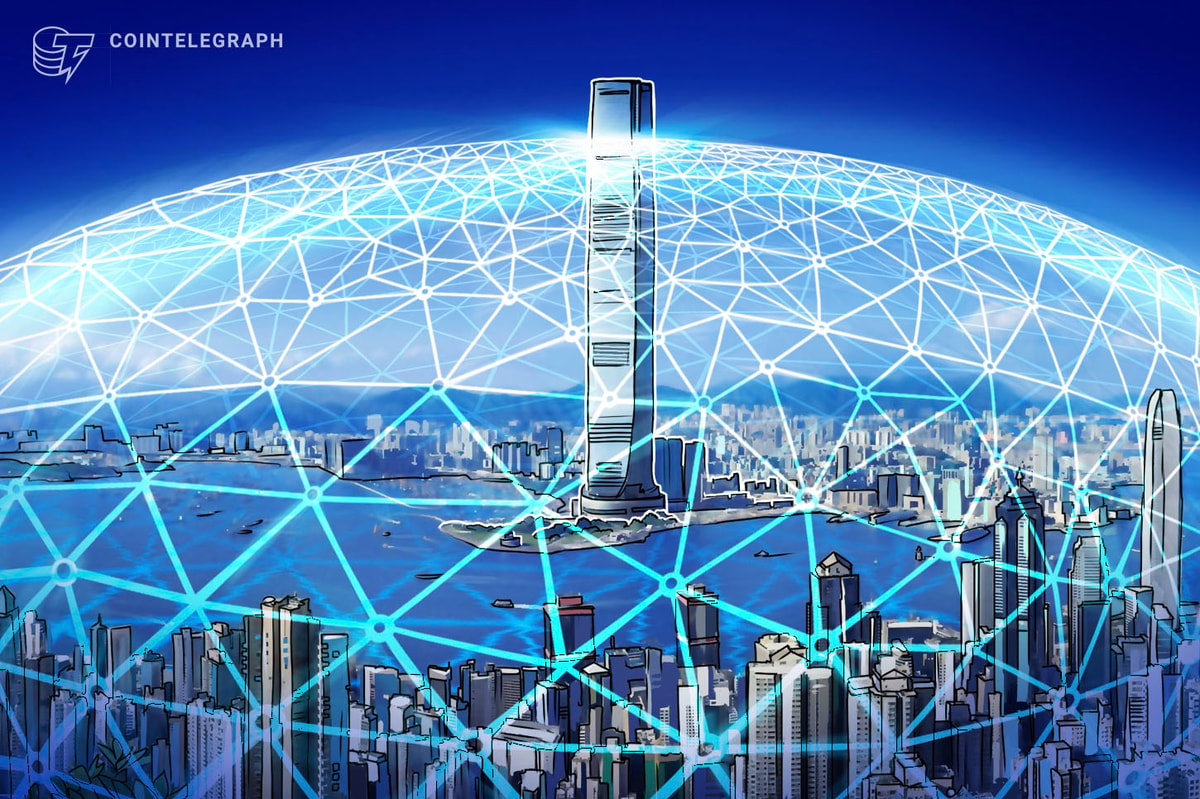TLDR
- OpenAI CEO Sam Altman claims the company knows how to achieve AGI and predicts AI agents will join workforce in 2025
- Experts remain skeptical of Altman’s timeline, citing current AI limitations and lack of clear AGI definition
- OpenAI has tripled its user base to over 300 million weekly active users
- Research suggests AI-human collaboration is preferred over complete worker substitution
- About 25% of CEOs are interested in replacing human workers with AI agents
OpenAI CEO Sam Altman started 2025 with a striking announcement: his company has figured out how to create artificial general intelligence (AGI). In a weekend blog post, Altman shared that OpenAI has not only grown to serve over 300 million weekly active users but also claims to understand the path toward achieving AGI.
The announcement comes as OpenAI marks ChatGPT’s second anniversary. Altman suggests that AI agents could begin joining the workforce this year, marking what he sees as a major step forward in technological development.
“We are now confident we know how to build AGI as we have traditionally understood it,” Altman wrote in his blog post. He added that “in 2025, we may see the first AI agents ‘join the workforce’ and materially change the output of companies.”
However, Altman’s definition of AGI remains unclear. AGI typically refers to AI systems that can understand, learn, and perform any intellectual task that humans can do. The lack of a standard definition has led to ongoing debates about what truly counts as AGI.
Humayun Sheikh, CEO of Fetch.ai and Chairman of the ASI Alliance, offered perspective on Altman’s claims. “While these systems can already pass many of the traditional benchmarks associated with AGI, such as the Turing test, this doesn’t imply that they are sentient,” Sheikh told Decrypt. “AGI has not yet reached a level of true sentience, and I don’t believe it will for quite some time.”
The timeline proposed by Altman has raised eyebrows among AI researchers and industry veterans. Charles Wayn, co-founder of Galxe, expressed doubt about the 2025 prediction. “There are simply too many bugs and inconsistencies with existing AI models that must be ironed out first,” he told Decrypt.
OpenAI’s financial situation adds context to these announcements. The company has been using large amounts of money to fund its AI development, requiring substantial investments to maintain operations. Some industry observers suggest that promising breakthroughs could help keep investor interest despite high operating costs.
Looking beyond AGI, Altman revealed ambitions for artificial superintelligence (ASI), where AI would exceed human capabilities in all tasks.
“We are beginning to turn our aim beyond that to superintelligence in the true sense of the word,” he wrote.
While Altman didn’t specify when ASI might arrive, some predictions suggest AI could replace all human tasks by 2116.
Meta’s chief AI researcher, Yan Lecun, disagrees with the timeline. He points out that current hardware limitations and training techniques still pose major hurdles to achieving AGI. AI researcher Eliezer Yudkowsky suggests the announcements might be more about generating publicity than reflecting technical reality.
I said that reaching Human-Level AI "will take several years if not a decade."
Sam Altman says "several thousand days" which is at least 2000 days (6 years) or perhaps 3000 days (9 years).
So we're not in disagreement.
But I think the distribution has a long tail: it could take… https://t.co/EZmuuWyeWz
— Yann LeCun (@ylecun) October 16, 2024
Regarding AI agents in the workforce, experts believe changes will come gradually. “I don’t believe we’ll see dramatic organizational changes overnight,” Sheikh said. “While there may be some reduction in human capital, particularly for repetitive tasks, these advancements might also address more sophisticated repetitive tasks.”
Harrison Seletsky from SPACE ID shares this view, noting that AI agents will likely handle routine tasks rather than complex decision-making. “They can reason and analyze, but they don’t have that human ingenuity yet,” he explained.
Research from the City University of Hong Kong emphasizes the importance of AI-human collaboration over replacement. Their study suggests this approach leads to better outcomes for society and continuous growth.
Current data shows that about 25% of CEOs are interested in using AI agents to replace human workers. However, some experts point out that AI could potentially handle 80% of typical CEO tasks, suggesting no role is completely safe from automation.
Companies experimenting with AI worker replacement have seen mixed results. Most still require human oversight to handle tasks that AI agents struggle with due to limitations in training, context understanding, or tendency to make mistakes.
OpenAI’s recent benchmark achievements show promise, with their latest model scoring 87.5% on the ARC-AGI test, approaching what’s considered human-level performance. However, experts continue to debate whether these scores truly indicate progress toward AGI.

 18 hours ago
7
18 hours ago
7









 English (US) ·
English (US) ·